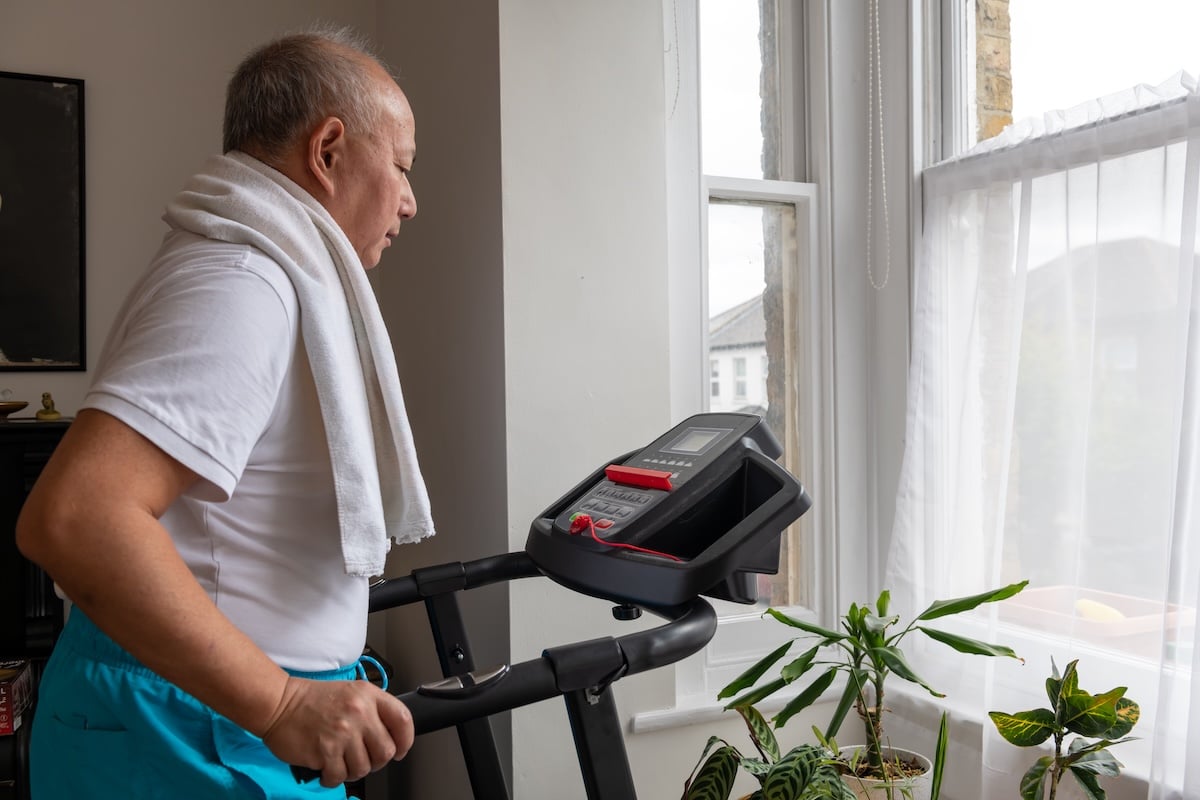Although not all people experience vision issues as they age, it isn’t unusual. Fortunately, there is plenty you can do to protect your vision. The first and perhaps most important tip is to get an annual eye exam so issues are spotted as early as possible. Once you are 65 or older, annual dilated eye exams are recommended; drops are put into your eyes to dilate your pupils. The doctor can then see the backs of your eyes to proactively look for eye diseases for which you aren’t yet experiencing symptoms. You can read more details at NIH Senior Health.
Here are 7 tips to start protecting your vision:
1. Know your history
It’s one thing to know the general risk of certain eye conditions, but what really counts is knowing your own family’s eye health, as predisposition to certain conditions can be hereditary. How much do you know about your family’s history with glaucoma? Age-related macular degeneration? If you do, share this with health professionals who can monitor you for any signs of disease. If you don’t, who can you talk to in your family who could provide useful information? Find out and share what you learn with your doctor.
2. Eat for your eyes
Eat a healthy diet, rich in fruits and vegetables. Dark leafy veggies—kale, spinach and collard greens—can be especially important for healthy eyes. Your eyes can also benefit when you eat fish high in omega-3 fatty acids; tuna, salmon and halibut are good choices.
3. Keep your weight in check
Maintain the appropriate weight. If you’re overweight, your risk of developing diabetes increases. This, in turn, increases the risk of diabetic retinopathy or glaucoma; both of these can ultimately cause vision loss.
4. Protect those peepers
Protect your eyes with sunglasses that block out 99 to 100 percent of UV-A and UV-B radiation. Too much exposure to sun can lead to cataracts or age-related macular degeneration. If you’re participating in sports or activities around the house in which your eyes need protected, choose quality safety glasses or goggles.
5. Stop smoking
If you smoke, stop! If it’s challenging to stop, talk to your doctor about ways to get support in smoking cessation. If you don’t smoke, don’t start. Smoking increases the risk of getting cataracts and macular degeneration, and your optic nerves can be damaged.
6. Take a break from technology
Give your eyes a break. If you spend lots of time on the computer or otherwise focus your vision on one thing for long periods of time, look away for about 20 feet for about 20 seconds, every 20 minutes. This 20/20/20 rule can reduce eyestrain.
7. Be aware of symptoms
The National Institute on Aging recommends that you contact your eye doctor immediately if you experience these symptoms:
- Suddenly cannot see or everything looks blurry
- See flashes of light
- Have eye pain
- Experience double vision
- Have redness or swelling of your eye or eyelid














